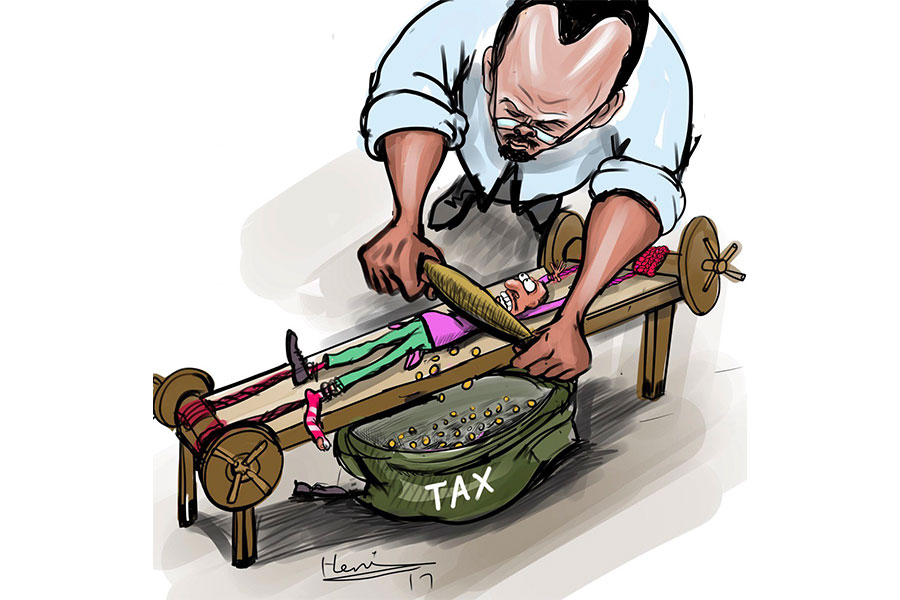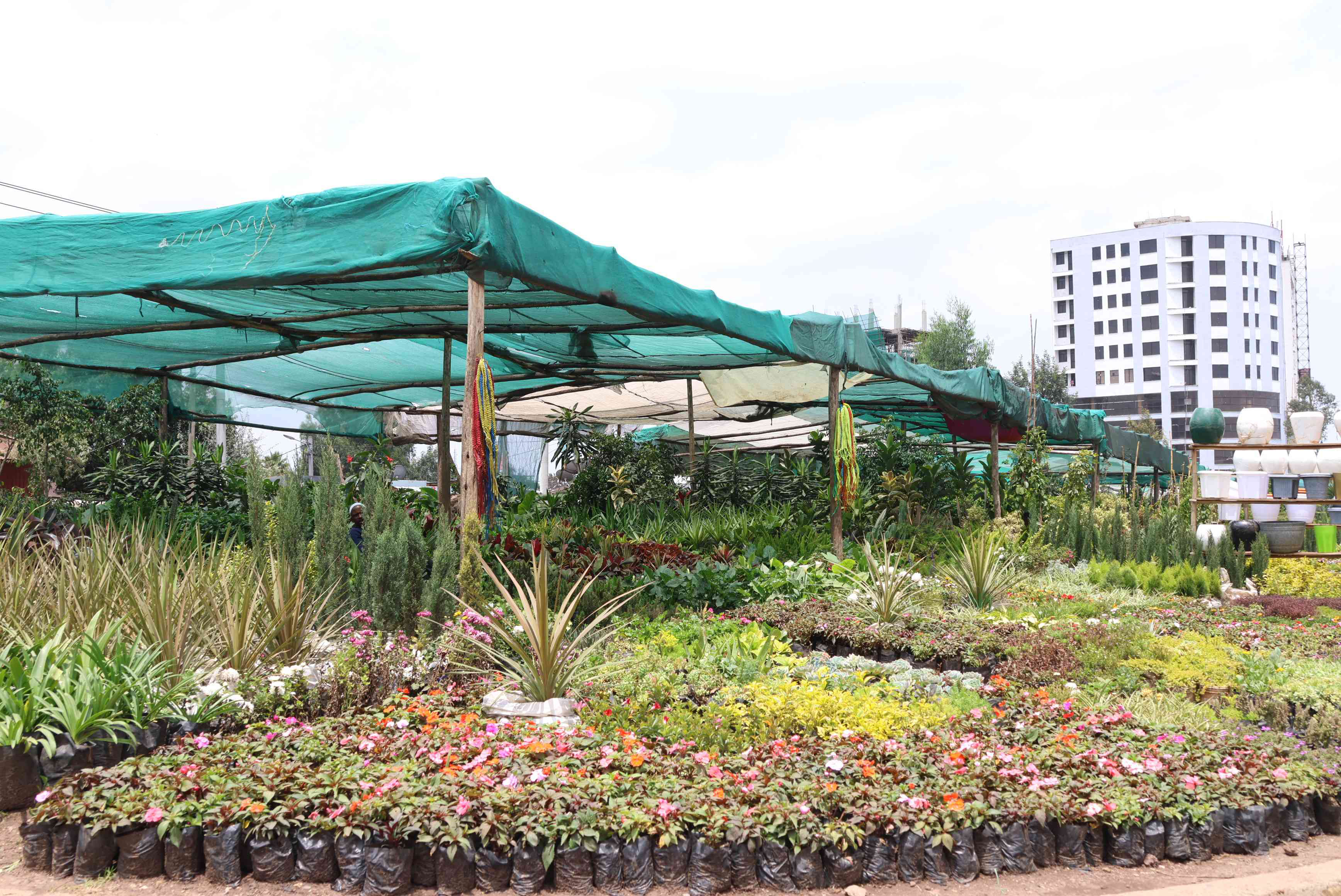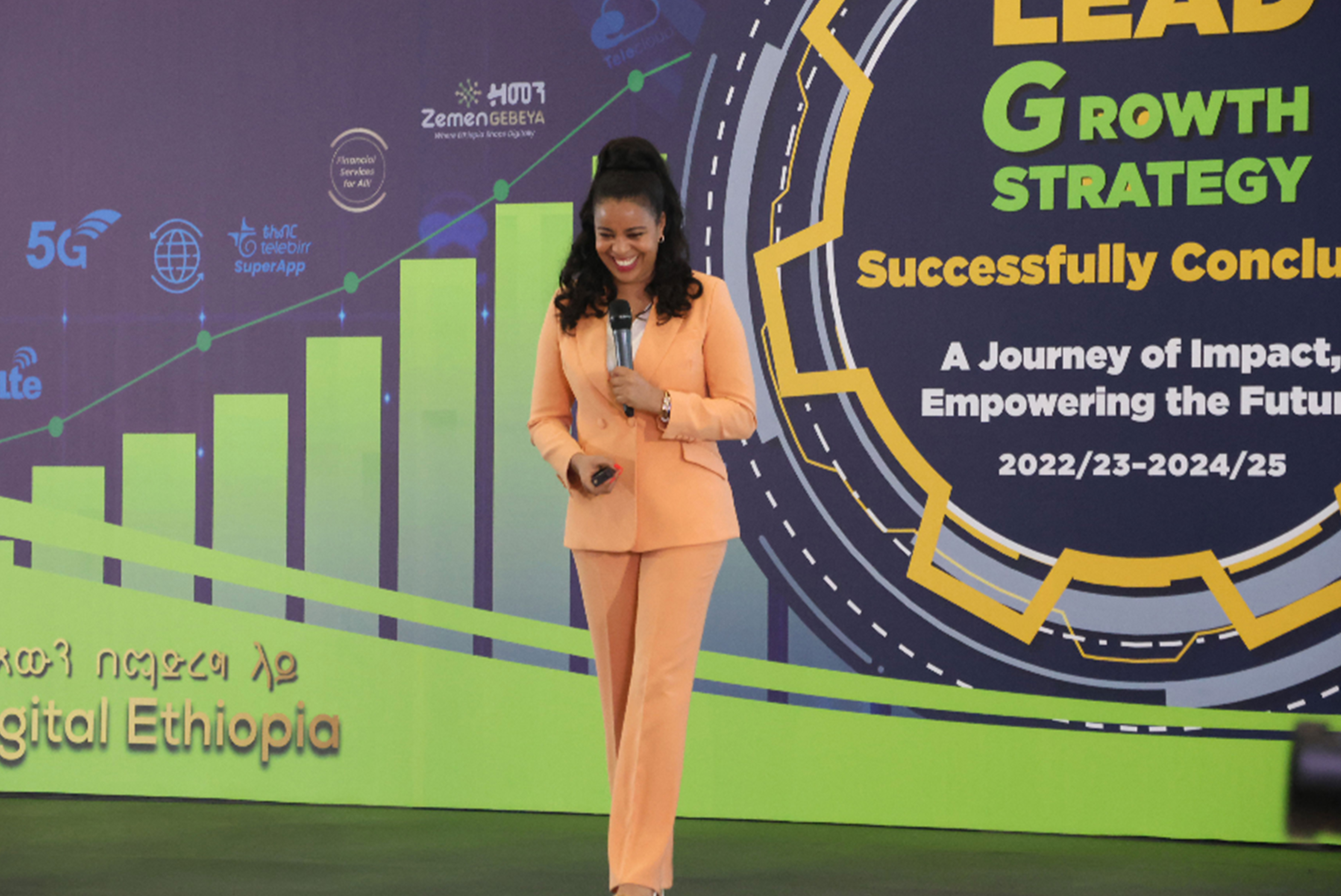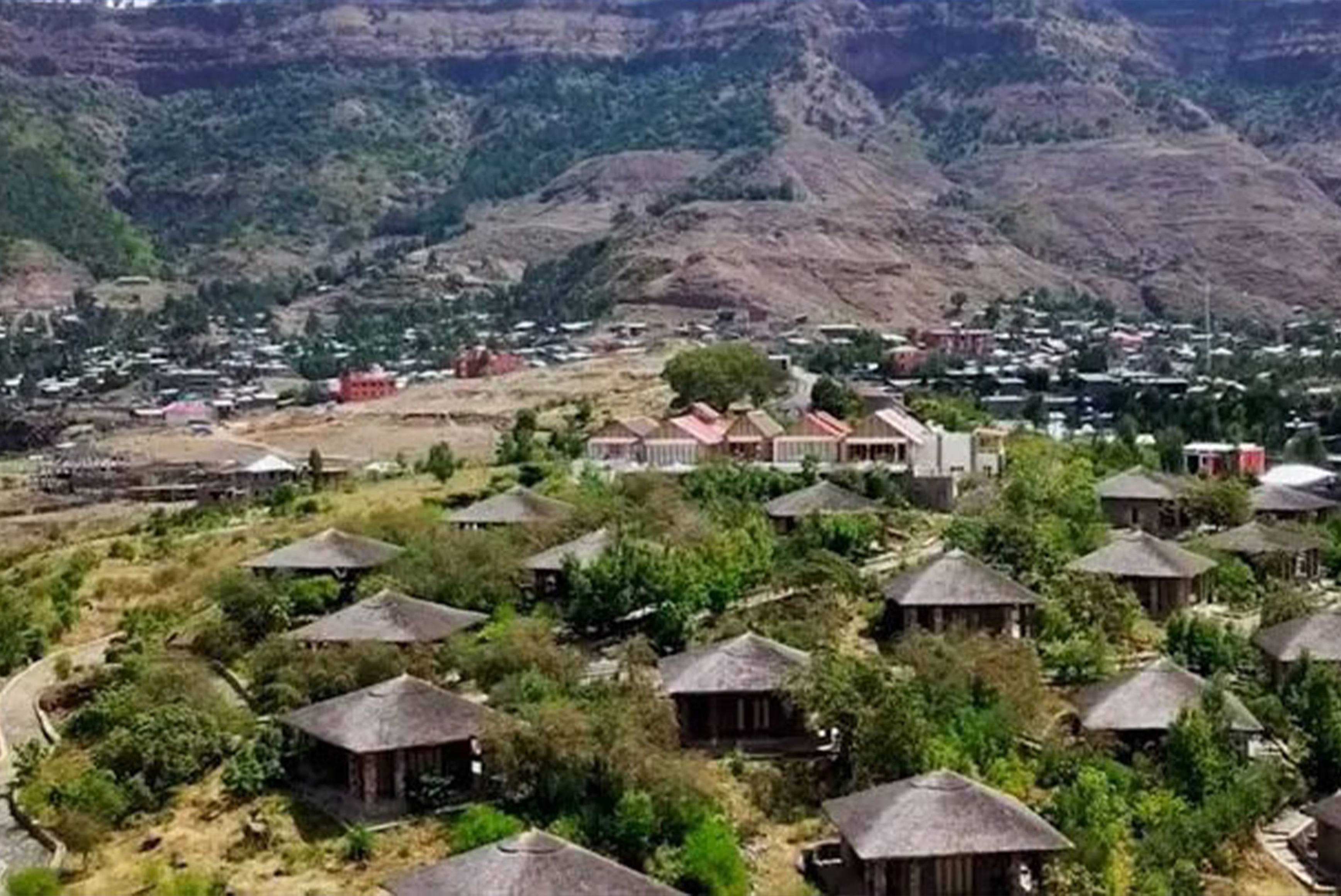
My Opinion | 132678 Views | Aug 14,2021
Mar 16 , 2025
By Farayi Zimudzi
Women form the foundation of agriculture in sub-Saharan Africa, comprising 66pc of the workforce in agrifood systems. They cultivate land, plant seeds, harvest crops, and bring food to market, sustaining families and communities alike. According to the Food & Agriculture Organisation (FAO), their contributions underpin an agricultural sector responsible for about 21pc of the region’s gross domestic product (GDP).
Women farmers also play a major role in adapting to climate change. Traditionally, they have adopted sustainable agricultural practices and preserved crop biodiversity, which is vital for mitigating climate-related challenges. Yet, rural women remain disproportionately vulnerable to climate change due to limited access to assets and advisory services. This vulnerability is particularly severe in Eastern Africa, where frequent droughts, floods, and shifting weather patterns threaten food security and agricultural productivity.
In Eastern Africa, women produce the majority of food consumed by households and sold in local markets. Despite their crucial role, numerous constraints prevent them from fully benefiting from the agricultural sector. One major obstacle is restricted access to land. According to the FAO, women in many African countries own less than 20pc of agricultural land. Customary laws often restrict their rights to inherit, purchase, or control land, limiting their ability to invest in their farms or access financial resources. Since land typically serves as collateral for loans, limited ownership restricts women's access to essential financing.
Financial constraints further complicate women's involvement in agriculture.
Access to credit, loans, and other financial services needed for seeds, fertilisers, and machinery is often limited. Gender biases within financial institutions, combined with women's lack of collateral, reduce their capacity to invest in farming activities. Restricted access to modern agricultural technologies and limited outreach from agricultural extension services hinder women's ability to adopt improved farming methods and enhance productivity.
Education gaps exacerbate these barriers. According to the World Bank, nearly 60pc of girls in Eastern and Southern Africa miss out on secondary education due to early marriage and teenage pregnancy. This lack of education leaves many women without essential skills to improve agricultural practices or access better economic opportunities. Meanwhile, household responsibilities impose yet another barrier. Women typically bear the burden of tasks like gathering water, collecting firewood, managing household chores, and providing family care. Such demands leave little time for training, productive agricultural activities, or community involvement.
Poor infrastructure also disproportionately affects women. Limited access to markets, transportation, and storage facilities complicates selling products at fair prices and increases women's daily workloads. Traditional gender roles further restrict women's participation in decision-making processes at household, community, and national levels. These constraints limit their control over agricultural production and economic resources, restricting their broader contribution to agriculture.
In recent years, key global actors have made substantial commitments to advance gender equality and empower women in agriculture.
Under Sustainable Development Goals (SDGs) 5, countries pledged to reform economic resource rights for women, including ownership and control of land, financial services, inheritance, and natural resources. The Committee on World Food Security recently endorsed voluntary guidelines promoting gender equality in agrifood systems, offering policy guidance for stakeholders globally. The African Continental Free Trade Area (AfCFTA) adopted its first-ever Women & Youth Protocol, emphasising greater inclusion of women in trade agreements. FAO and its partners also launched "Commit to Grow Equality (CGE)," an initiative promoting gender equality in agrifood systems through strategic financing and targeted investments.
However, despite these commitments, powerful constraints persist.
Gender gaps in land ownership, access to resources, and decision-making remain pronounced. Various international, national, and local organisations continue to drive gender-transformative initiatives to ensure equal resource access. Yet progress has been slow, and more focused actions are needed to dismantle systemic barriers confronting women in agriculture.
Empowering women farmers has apparent economic and social benefits. Closing gender gaps in land ownership, finance, technology access, and agricultural extension services is vital. Strengthening legal frameworks to secure women's land rights and reforming financial institutions to enhance credit availability, especially in rural areas, are essential. Investing in girls’ education, expanding technology access, providing practical training, and improving infrastructure will enable women to increase productivity and balance agricultural responsibilities with family duties.
Limited participation in decision-making frequently prevents women from influencing policies at various levels. Addressing these gaps is crucial for achieving gender equality and driving economic and social progress. Empowering women farmers can increase agricultural productivity, boost rural incomes, and enhance resilience to climate change, all critical components of sustainable development. Strengthening women's roles in agricultural markets and cooperatives will also provide increased income opportunities and greater control over their produce.
Investing in women farmers is effectively investing in the region's future. According to FAO’s 2023 report, closing gender disparities in agricultural productivity and wages could boost global GDP by one percent and reduce global food insecurity by two percent, lifting approximately 45 million people from hunger. Women can enhance climate resilience as primary adopters of sustainable farming practices. Ensuring their equal access to resources, services, and markets will drive rural transformation, improving household incomes, educational opportunities, and health outcomes.
This International Women's Day in 2025 brought forth the urgent need to address these gender disparities. Acknowledging and supporting the vital contributions of women farmers is essential for building a sustainable future. By empowering women and securing equal resource access, Africa can achieve sustainable development and ensure all women thrive. The moment for decisive action is now.
PUBLISHED ON
Mar 16, 2025 [ VOL
25 , NO
1298]


My Opinion | 132678 Views | Aug 14,2021

My Opinion | 129131 Views | Aug 21,2021

My Opinion | 126992 Views | Sep 10,2021

My Opinion | 124575 Views | Aug 07,2021

Dec 22 , 2024 . By TIZITA SHEWAFERAW
Charged with transforming colossal state-owned enterprises into modern and competitiv...

Aug 18 , 2024 . By AKSAH ITALO
Although predictable Yonas Zerihun's job in the ride-hailing service is not immune to...

Jul 28 , 2024 . By TIZITA SHEWAFERAW
Unhabitual, perhaps too many, Samuel Gebreyohannes, 38, used to occasionally enjoy a couple of beers at breakfast. However, he recently swit...

Jul 13 , 2024 . By AKSAH ITALO
Investors who rely on tractors, trucks, and field vehicles for commuting, transporting commodities, and f...

Jul 26 , 2025
Teaching hospitals everywhere juggle three jobs at once: teaching, curing, and discov...

Jul 19 , 2025
Parliament is no stranger to frantic bursts of productivity. Even so, the vote last w...

Jul 12 , 2025
Political leaders and their policy advisors often promise great leaps forward, yet th...

Jul 5 , 2025
Six years ago, Ethiopia was the darling of international liberal commentators. A year...

Jul 27 , 2025
The Bank of Abyssinia has gone all-in on paperless banking, betting that biometric log-ins and touch-free kiosks will save it hundreds of mi...

Jul 27 , 2025 . By RUTH BERHANU
As Addis Abeba ushers in this year's rainy season, city officials have committed to planting 4.2 million...

Jul 27 , 2025 . By BEZAWIT HULUAGER
Ethio telecom's latest annual performance review painted a picture of rapid infrastructural expansion and...

Jul 27 , 2025 . By BEZAWIT HULUAGER
Once a crown jewel of the country's tourism circuit and a beacon for international pilgrims, Lalibela now...